I’ve often heard it said that good farmers in their 20s and 30s can become poor farmers by their 40s.
This is because they get bored of running a simple and often very profitable system and go off and tinker with systems or invest in equipment or machinery that adds nothing to the bottom line and distracts them from what they were at.
In one sense this is a success because these farmers were looking for a distraction.
Well now there’s a new distraction on the scene and it’s taking the dairying world by storm, with old and young hooked on it.
Clover
The new craze is managing clover to reduce chemical nitrogen requirements.
Before clover, growing grass was simple, mundane and somewhat boring: you applied nitrogen and grass grew.
The new challenge is to grow grass, or more correctly, pasture, with much less chemical nitrogen than before.
In order to do this there needs to be sufficient clover in the pasture to deliver the free nitrogen from the atmosphere.
Challenge
Managing clover is not simple and even good farmers and good researchers are seriously challenged by this task.
It’s a difficult plant to manage and is prone to either taking over a paddock or dying out of a paddock.
It’s also extremely difficult to have the confidence to cut back, sometimes dramatically, on nitrogen use in order to let the clover do its work.
However, it’s a much better distraction than chasing litres through using a TMR, investing in buildings you don’t need or changing the tractor for the sake of it.
Risks
There are setbacks and quick wins with clover but there are also risks with bloat. This is a concern for many farmers and it’s a very reasonable concern.
I have no doubt that extra cows will die over the coming years from bloat as a result of the increased amount of clover that is going to be on farms.
Is this a reason not to get clover on farms? I don’t think so because the economics are so overwhelmingly positive towards clover along with the environmental benefits.
I think that given where fertiliser prices are at, it’ll probably pay farmers to invest in equipment and product to mitigate against bloat such as bloat oil, etc.
Either way, it’s a good distraction and one which I think we’ll see a lot more farmers take up over the coming years.



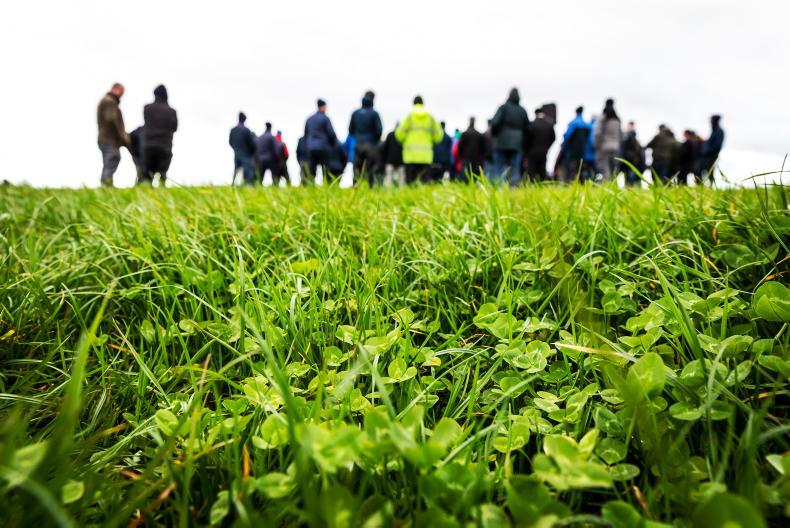
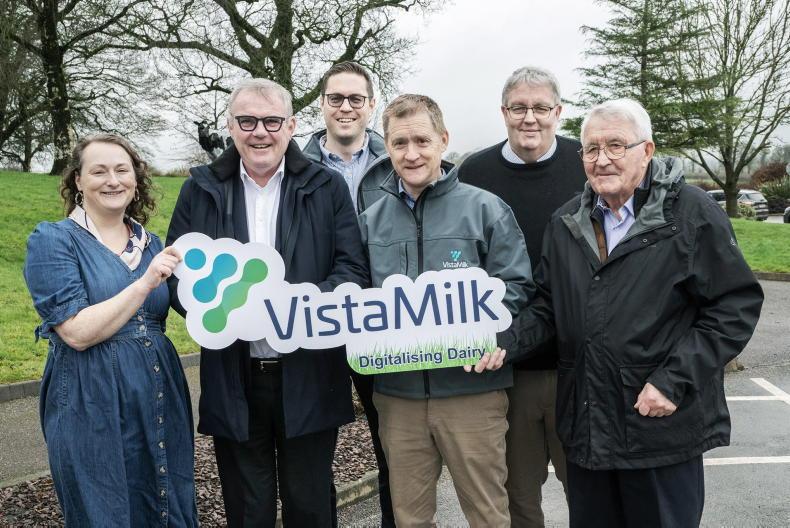
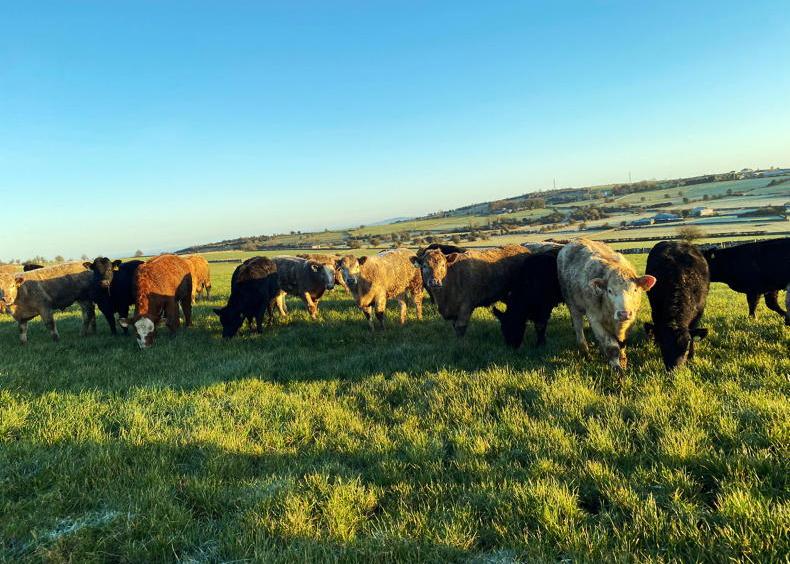
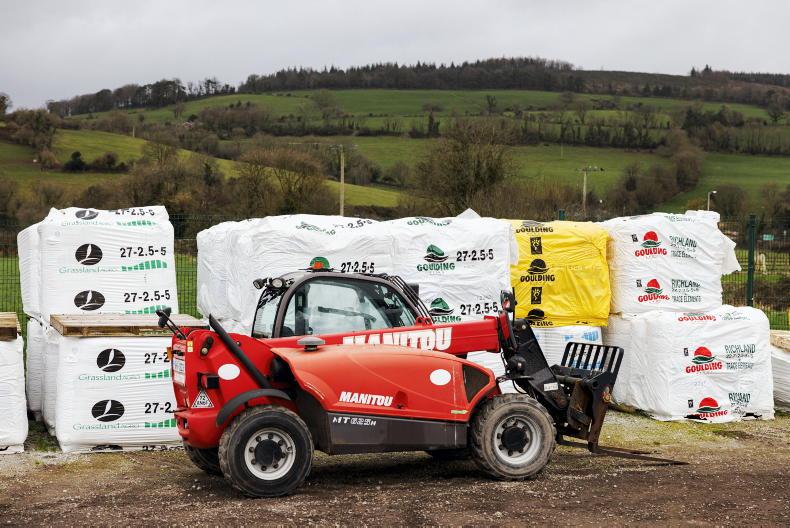
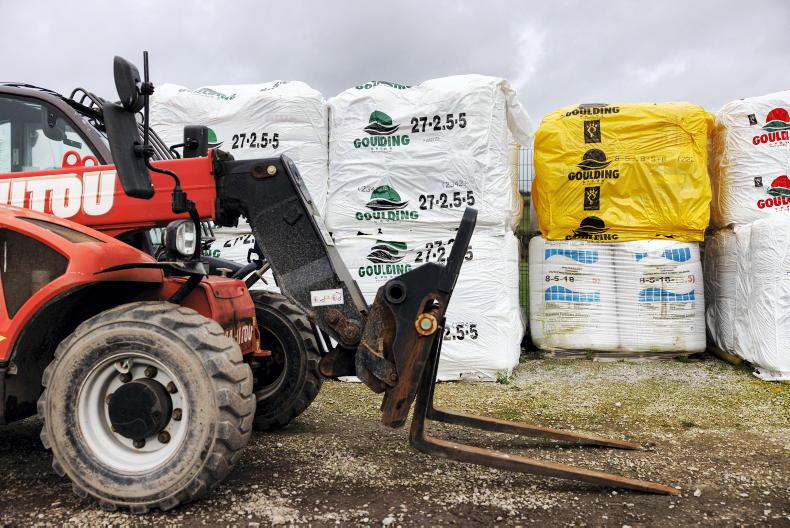
SHARING OPTIONS